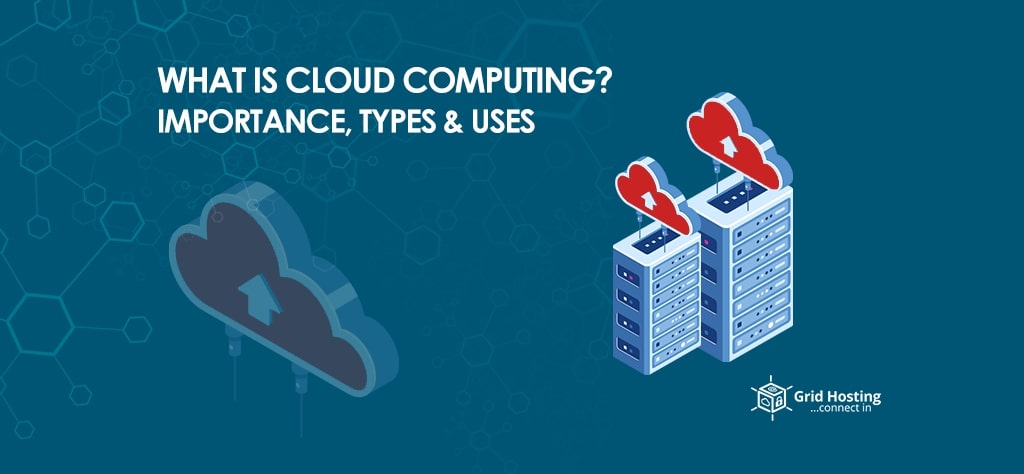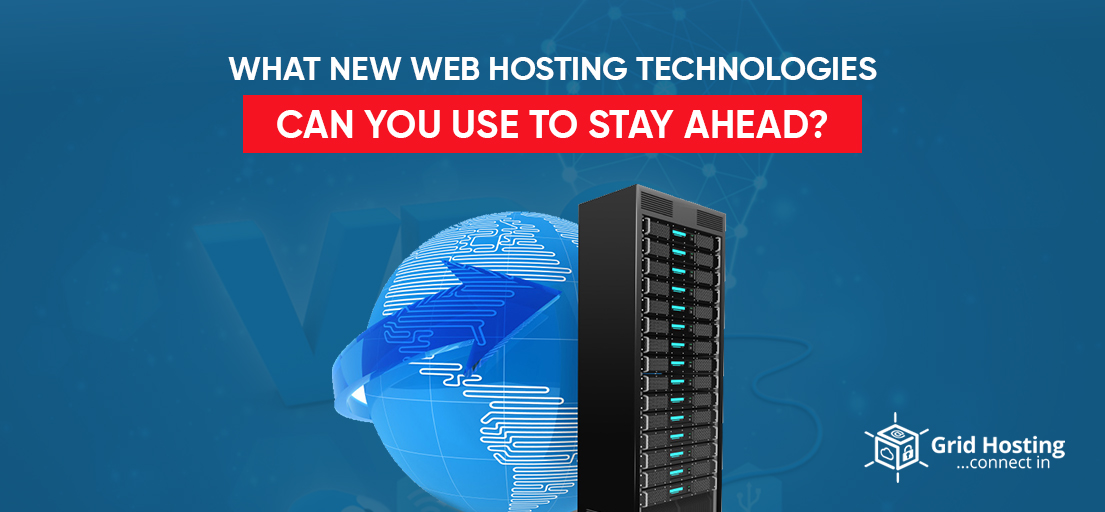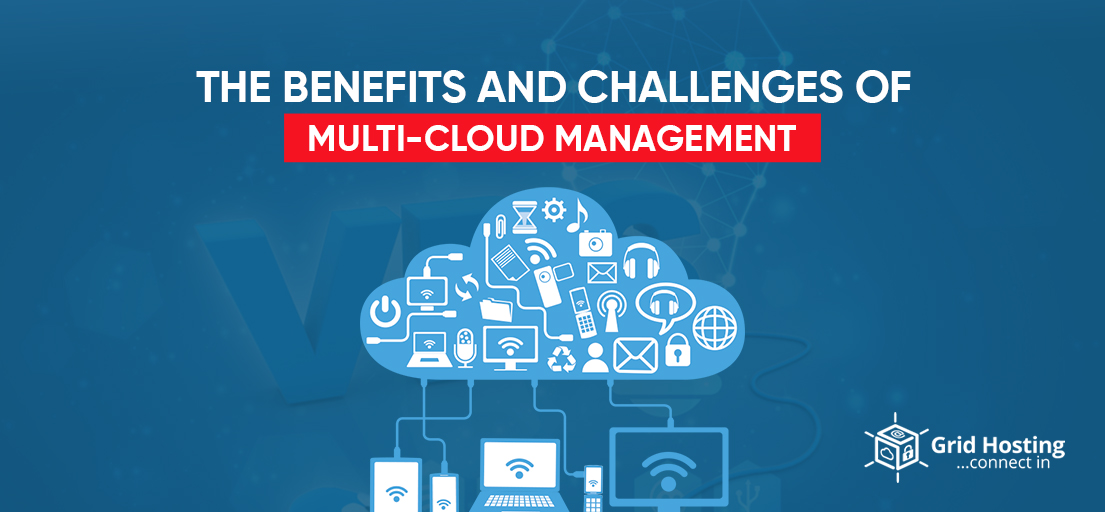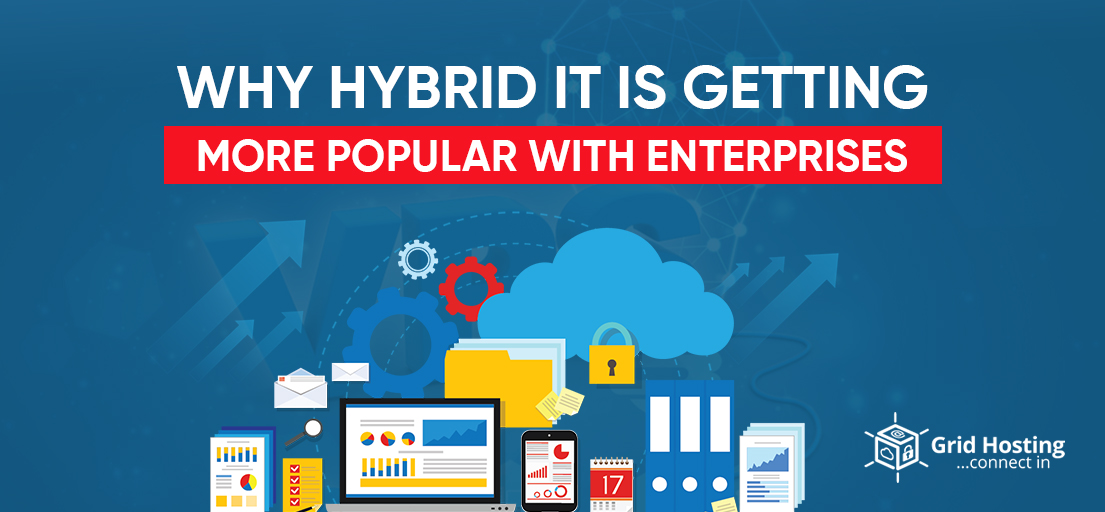There was a time when organizations had to rely on hard drives for data storage which cost them huge money. In addition, there was also a need for a dedicated place for the data storage centers which was again a problem. However, those days are gone thanks to cloud computing. You might wonder about this term and how it businesses can benefit from it. Don’t worry we are here to answer all your questions.
What is cloud computing?
A modern-day innovation that involves the delivery of multiple services such as databases, networking, storage of your data, and networking over the internet. Some of us might think of it as a mobile application that helps in storing audio, videos, and images. Although it does that for you there is far more to it than we can even imagine.
It can be also thought of as on-demand computing refers to the utilization of off-site systems to manage, and process the data/information that is hosted on the internet.
Cloud computing is the technological innovation helping small and larger businesses to store and manage their data on the cloud (internet) instead of on hard drives. Additionally, organizations can access these files remotely through a device with an internet connection.
Importance of Cloud Computing
There are countless reasons making it important for businesses to adopt the modern-day technology known as cloud computing. Over time it has become difficult for companies to keep their software, applications, and programs on their in-house laptops, and computers. As a result, firms have to dedicate a department and spend extra costs on the maintenance of the whole network.
Reasons why cloud computing is important
- Innovation
- Reduced costs
- Flexibility in operations
- Less Risk of Losses
- Data Security
Innovation
Business growth is associated with innovation as your company will not last until you are not bringing up-to-date products or services for the customers. Relying on old technology might cause hurdles to the ability to experiment with new solutions. Making it tough for the companies to tackle performance issues related to web apps.
Using the Cloud can lead to improved performance without spending huge costs. These days IT companies are getting momentum because of relying on cloud computing. which enabled them to introduce new products which are capable of changing the world.
Reduced costs
The promising reason why businesses need cloud computing is its cost-effectiveness. It is easy to compare the cost a company spends on maintaining its infrastructure and on cloud services. Therefore, once you are on the cloud (internet) quick access to the information will help in saving time and expenses. Additionally, you don’t have to pay for the features you are not going to use.
Cloud services ask for pay-as-you-go which means you have to spend the cost on services your company is going to avail.
Flexibility in the Operations
Your company has limited focus to distribute between all the responsibilities. However, if your IT department wants too much attention to resolve the problems related to computers and storage of the data you might not be able to focus on accomplishing company goals. While having an outsourced service provider to look into that stuff for you can be helpful.
Cloud offers you an easy opportunity to make your operations flexible. Besides, if your bandwidth requirement exceeds the cloud services can meet your needs instantly.
Less Risk of Loss
If you are not availing of cloud computing services it means your sensitive information is available on the office computers. Although it is not a problem but it can occur if there arises any problem in your hardware. As a result, you might suffer a huge data loss leading to a monetary loss in the end.
Having a cloud-based service you can assure yourself as there are no chances of data loss. All the data is available online in secure servers which you can access remotely.
Data Security
You might wonder about the security of the secret data when it comes to adopting cloud services. Once your company opts for them your programs, files, details of employees, and customer data will be available online. This means hackers are just one step away to steal all that information with ease. However, that is not the case here as the job of cloud service providers is to ensure your sensitive data is fully secured from cyber criminals.
Whereas, you might not be able to ensure full-proof security while having in-house data centers. Cloud computing encrypts the information that is less accessible by attackers or unauthorized individuals.
There are multiple types of cloud computing with regard to its structure and development model. We are going to explain both to make things easy for you.
Types according to the Infrastructure
- IaaS
- PaaS
- SaaS
Types According to the development Model
- Private
- Public
- Hybrid
Types according to the Infrastructure
IaaS
IaaS is the short form of infrastructure as a service a type of cloud computing. In this model service provider has to provide networking, storage, and servers through an online (Virtual) interface. Additionally, the end-user is not responsible for managing the entire infrastructure but has total control over applications, operating systems, and storage.
The third-party does all that instead of the user of the IaaS model. Moreover, the vendor has to take care of the user’s app maintenance and backup.
PaaS
Platform as a service is a model that assists the users in developing and running their operating systems and applications without getting into the hassle of maintaining the whole infrastructure. Here the end user has to pay for the resources and gets access to a safe connection.
Being a PaaS user, you are not responsible for managing the network, servers, and storage systems but controls them. This helps businesses to pay attention to app development and their management without worrying about resource procurement and planning.
SaaS
Allows the companies to pay a subscription amount and access the vendor’s software on the cloud. Here the users don’t need to install the applications on their laptops or computers. These apps are available on a cloud network that users can access through the internet.
The vendor/service provider is liable to manage security, hardware, and software. SaaS helps organizations to improve the efficiency of their operations and support.
You Might Also Like to Read: What is meant by Cloud computing uses server virtualization?
Types According to the development Model
Private Cloud
A private cloud is a type in which services are given over a private Network for a single enterprise. It is also known as an internal and corporate cloud that companies can manage via internal channels/resources. In addition, nobody can access this network from outside.
Many firms prefer a private cloud to increase their security and make sure that no one can get through the organization’s server and steal sensitive information. However, the company has to manage its data centers and ensure proper maintenance.
Public Cloud
The public cloud involves computing services offered by a third party through the internet. However, contrary to the private network anyone can purchase the services regardless of being a company. Usually, these services are available on demand for the companies and single users who can avail of them by paying per usage for CPU or bandwidth.
The private cloud enables the users to save their costs in terms of managing and maintenance of their infrastructure. As the cloud service provider has to take care of all the stuff. They also allow flexible bandwidth to help companies scale their storage requirements with ease.
Hybrid Cloud
The third type of cloud computing utilizes a combination of public and private clouds. This model allows the user to switch on private or public clouds according to their requirements by paying the cost. It enables firms to scale their infrastructure allowing them to control the overflow without giving third parties any access to the data.
In addition, organizations have to pay the amount for a specific period for which they are availing of the services.
Uses of Cloud Computing
There are countless uses of cloud-based services which can offer a competitive advantage to a business over others. Below are the uses of cloud services that might help you to smooth your business affairs and earn high profits
- Data Storage
- Backup
- Communications
- Business Process
- Software development
Data Storage
When it comes to data storage first thing that comes into mind is a hard drive or an external one. If there are so many modes available why there is a need for cloud computing? It allows you to store massive data without using any hard drive and you can access it from anywhere with just an internet connection on your device.
Moreover, you can change the information without physically going anywhere. In addition, you can get extra storage space when required to save your files.
Backup
With the rapid advancement of technology, there are digital mediums for everything. This means a business can use computers, laptops, and devices to store its information. However, the other side of the picture says there are hackers everywhere looking for a window of opportunity to steal your data.
In addition, traditional backup methods are prone to viruses which can result in a loss of sensitive information.
Cloud-based backup makes it easy for you to secure the data by allowing you to save all the secret information on cloud-based servers. Which assures you that information you have placed over the internet is safe even if your own hardware gets compromised.
Communications
Cloud computing enables companies to access communication tools which include emails and other applications like what’s app ad skype. When you send or receive a file and messages, they will store in cloud storage apart from your devices. This means you can get to them anytime from any device.
Business Process
In case your business requires public dealing it means you are running a CRM (Customer relationship management) Software to store their data. Cloud-based services help you to store that data without using your hard drives.
New companies have started transitioning to the cloud as it ensures maintenance security and management of business details. In addition, it helps you save time and focus on other matters to improve all business processes.
Software development
If your business has developed an application it means you have to spend a huge amount, of time and workforce. In addition, you have to take care of its configuration, installation, and updates. Therefore, you might need expensive hardware and trained members.
Cloud-based service comes with built-in tools for regular integration making development and testing faster and inexpensive.
For Special discounts and offers, visit our official Facebook Page.







